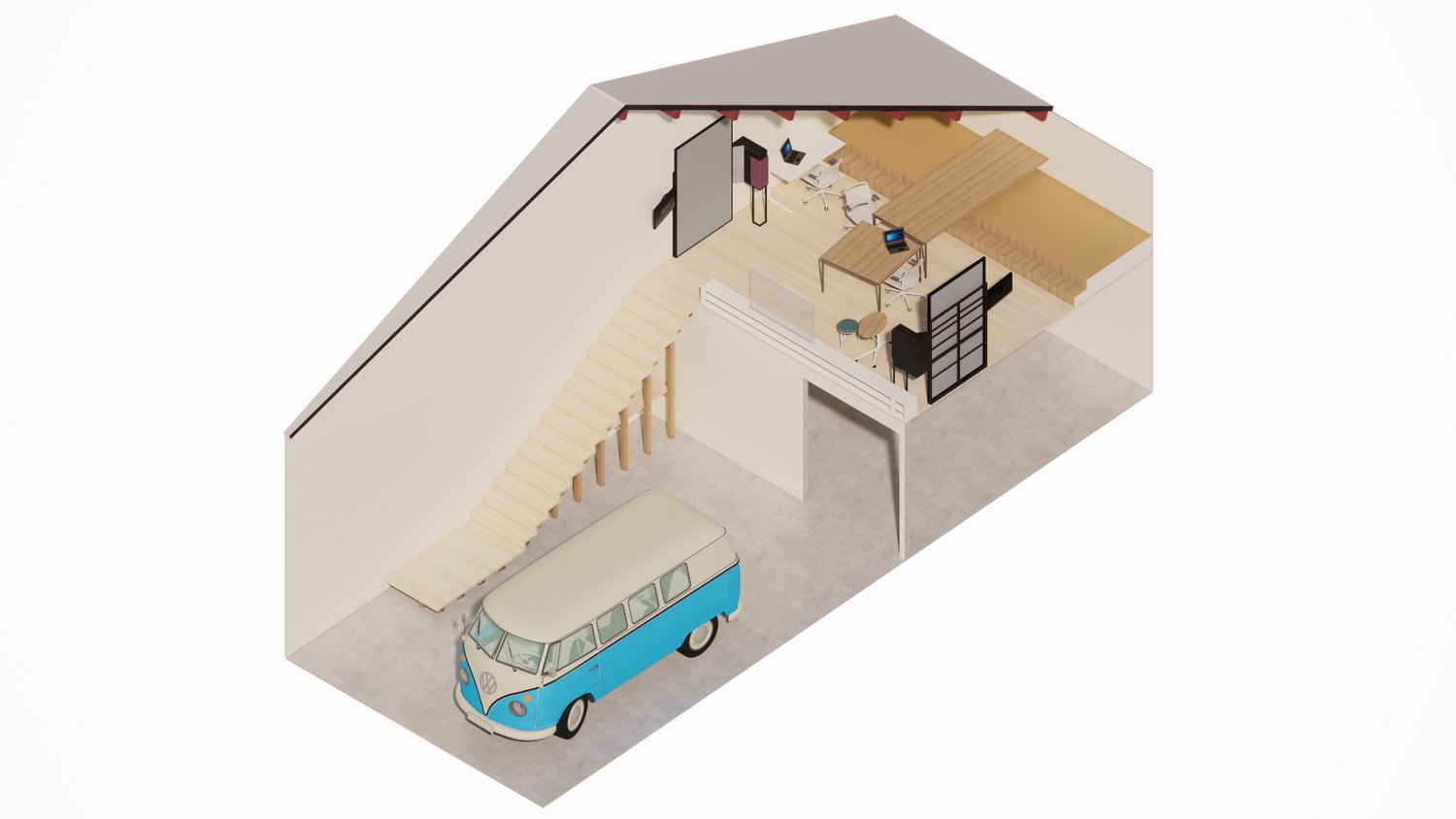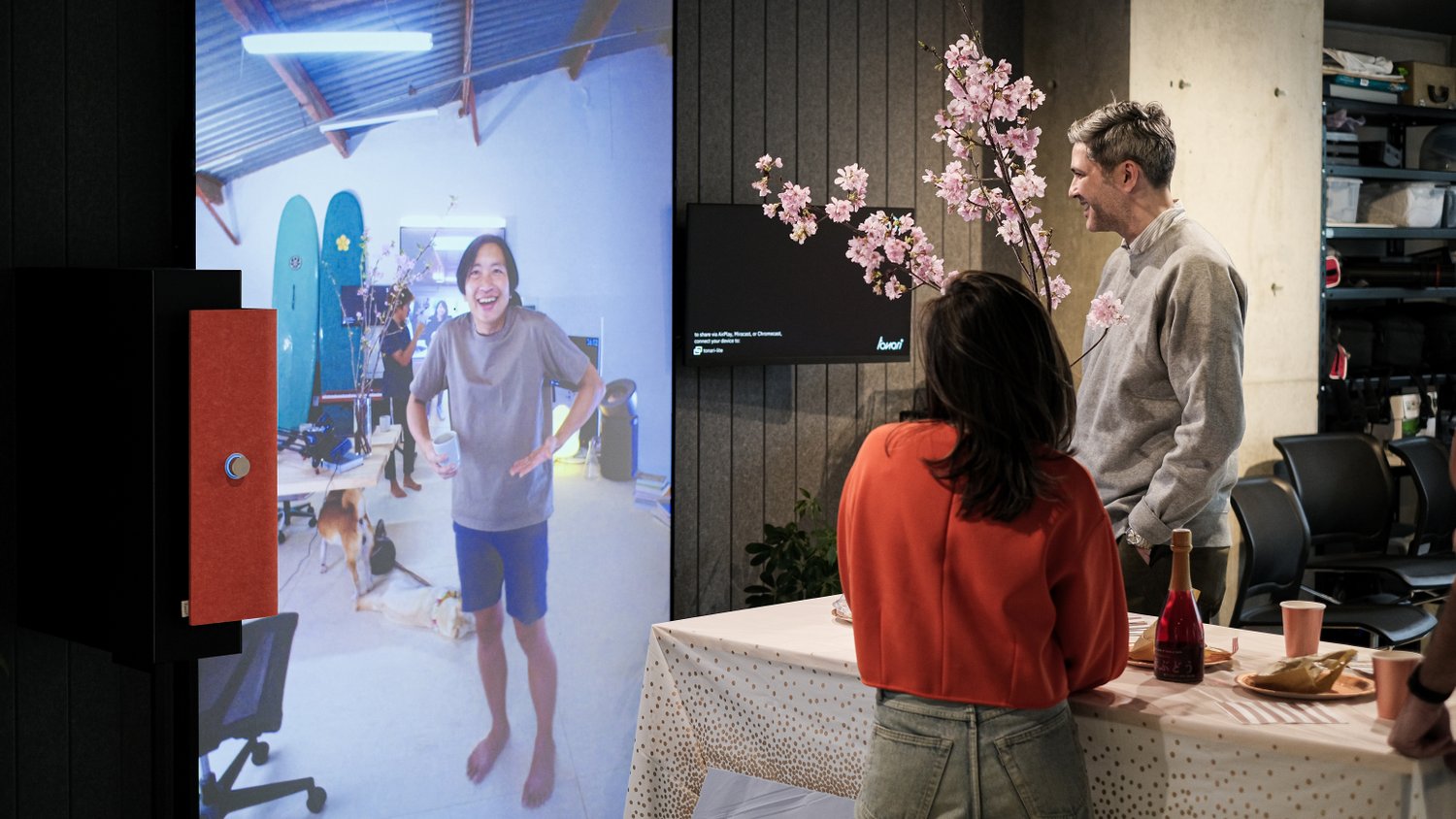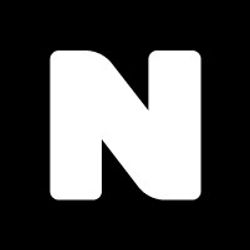Every startup today is inherently a global company, even if it begins with one office in one location. Building connections to the rest of the world is critical, whether for broadening customer bases, tapping into other talent pools, or distributing projects against multiple time zones.
A recent example of a global-first startup is Normal Lab, a climate tech and robotics company based in Kailua, Hawaii. They’re currently working in stealth mode on a next-generation “thermal management” device. Normal’s CEO and founder, Josh Leong, has long worked as a product designer, most recently at Google. During COVID, he and his partner moved from California to Hawaii to be closer together. He then opened Normal in his Hawaii garage, despite acknowledging that “If you want to stay in Hawaii and do a real startup, it's essentially impossible.”

But it became much more possible with tonari! Normal has installed two portals in the same Hawaii garage: on one side, a tonari connects to their COO’s garage in Mountain View, California, and across from it, another tonari connects to their Japan base for coordinating with manufacturing design and developers in Asia.
Normal runs all product design out of Hawaii, while engineering is in California, and the design-for-manufacturing team is in Japan to be closer to their supply chain. Coordination between the offices is critical for their future success.
Josh says that “For startups to grow, relationships between people are the most important. Especially for hardware development companies, communicating as if everyone is in the same room allows for better development without slowing down. We want to implement tonari as we expand to keep us connected. With tonari, we can overcome geographical limitations and are able to maximize resources from around the world.”
how tonari uses tonari to access diverse talent
We at tonari use our own product in a similar way. We work across seven locations, four of which are connected via tonari portals: the Tokyo headquarters at Straylight, the R&D Annex down the street, a studio in Prague, and the Moshimo space in Hayama. The tonari portals are central to how we communicate across these distant spaces, allowing teams to feel always connected despite being physically in different locations.
One clear need for tonari has been in staffing out our engineering team. The market for software engineers who work in Rust is competitive and specialized, and by using tonari, we can hire from a global talent pool while still feeling so connected. Though the engineering team is split across the Japan and Europe, they are still able to spend time together most Japan evenings and Europe mornings to casually check in, collaborate on projects, and discuss new challenges.
The feeling of being in the same place enhances employee engagement by improving communication, fostering stronger team bonds, creating a positive work environment, encouraging innovation, and providing practical benefits that support daily operations. These factors collectively contribute to a more engaged, motivated, and productive workforce.
Experience a demo
If you’re interested in using tonari and are able to go to Tokyo, Mountain View, Kailua, Prague, or Singapore, please contact us and we’ll do our best to coordinate a visit! Seeing tonari for yourself is key to understanding how much better it is for communication than video calls.

